Financial aid or scholarships?
Many young people in Vietnam often think that studying abroad in the US is very difficult, getting a scholarship or receiving financial aid is even more difficult. Even many of my acquaintances and relatives often say that studying abroad in the US is not easy, Americans have difficulty getting a scholarship for undergraduate (university), let alone graduate degrees such as masters and doctorates.
However, I proved otherwise: I received 100% financial support for my master's degree in mass communication from Kansas State University and my doctorate in communication and public policy from Louisiana State University. In general, most universities in the US offer financial aid packages for graduate programs and a wide range of majors.
Specifically, this financial support is called a Graduate Research/Teaching Assistantship, which waives most or all of the tuition fees and provides a monthly stipend, usually for 9 months of the academic year.
Master's degree salaries are usually $10,000-$18,000/year and doctoral degrees range from $18,000-$35,000/year, depending on the major and city (cost of living) where the university is located.
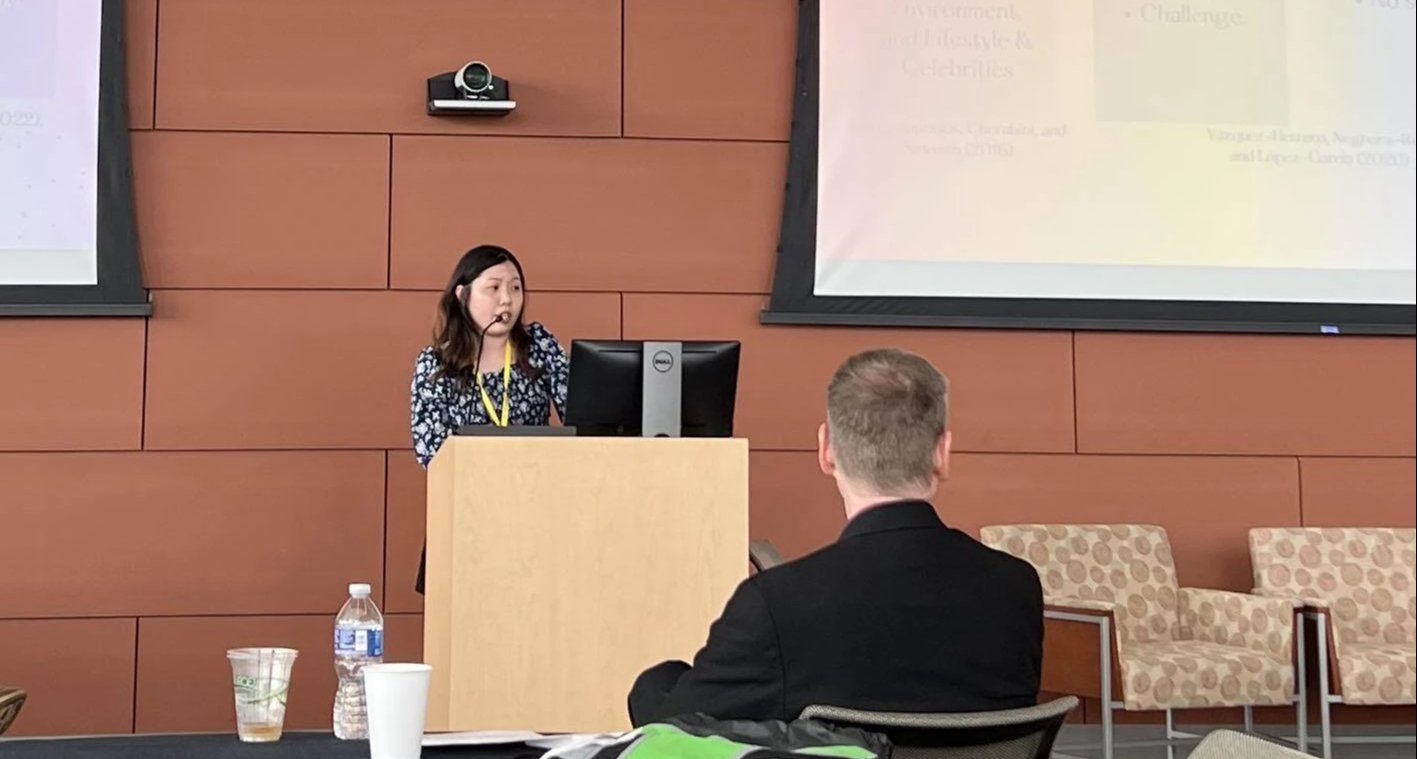
The writer presented at a conference.
Some schools may require students to teach or assist in research during the summer to earn extra pay. International students are generally allowed to work more than 20 hours per week during the summer. This allows international students to earn extra income.
Thus, people often call this a 100% scholarship, although it is not exactly true in nature. This financial support is considered beneficial for both parties: the school and the student. When receiving support, the student is considered an employee of the school, enjoying some benefits and teaching, although with a lower salary than a professor.
Typically, public schools offer these financial aids, which allow students to assist professors with teaching tasks, such as grading and taking attendance, leading a session/class, or helping with research (like finding research papers in advance). The work assignments are usually fairly light and do not interfere with your studies.
Many of the professors I have worked with are willing to let students choose their own level of work and prioritize their courses and research. So you don’t have to worry. Instead, you have an excellent opportunity to gain teaching and research experience, as well as work with and learn from professors who are experts in your field.
One advantage of this financial aid is that the study abroad application is not unnecessarily competitive compared to government scholarships, or having to demonstrate soft skills such as leadership. Financial aid focuses heavily on the student's studies, research, and work experience (for skills-intensive fields such as journalism and communications).
Schools also provide generous funding, not only for your studies but also for conference travel and research. My current PhD program provides up to $1,500/year for scientific conferences and three research awards ranging from $500-$1,500.
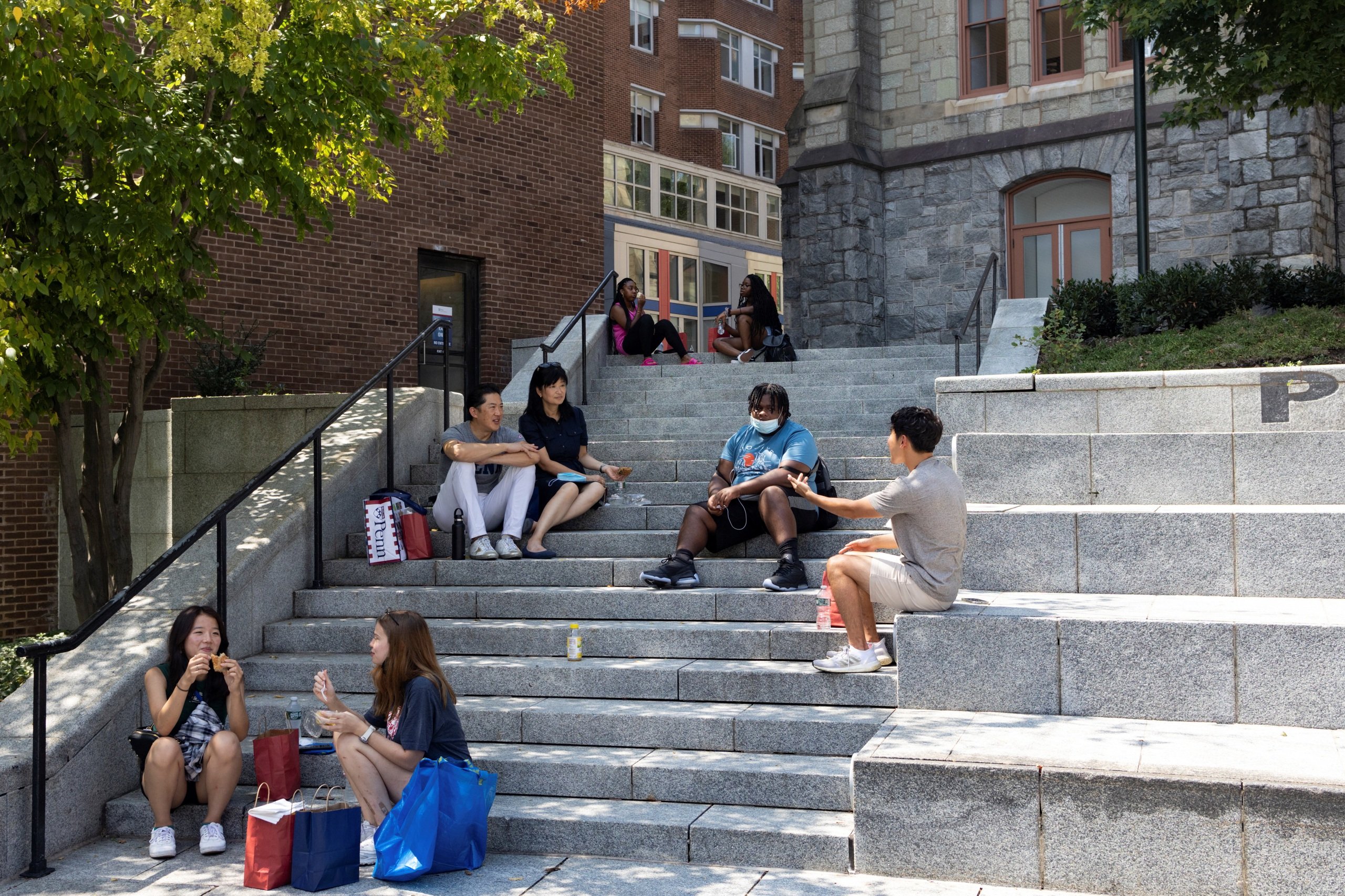
Students inside a university campus in the US
How to make a profile
The required documents for the application are also basic and simple, including a resume (or CV/resume), a personal essay, 3 letters of recommendation, a minimum degree (e.g. bachelor's degree), and an English certificate (e.g. IELTS).
Many schools and programs will ask you about your work experience and portfolio. A personal statement, usually 700-1,000 words, should outline why you chose the school/program, why you are a good fit, and your future aspirations.
PhD programs will require additional interviews and visits to the school. One thing to note is that some fields, such as natural sciences or psychology, political science, may not have a master's degree, but after graduating with a bachelor's degree, students will apply for a 5-6 year PhD and receive both degrees upon graduation.

Applicants need to prepare a complete application including a resume (or CV/resume), personal essay, 3 letters of recommendation, minimum qualifications (e.g. bachelor's degree), and English certificate (e.g. IELTS).
For students who cannot stay long, after 2-3 years, if the student reaches the required level for a doctorate, they can stop there and receive a master's degree.
You should research to see the school's application criteria and process, choose a program based on its curriculum, professor profiles, research focus, and financial aid level, the number of credits you can waive for fees, and health insurance.
Many schools, like my alma mater (Kansas State University), cover 75% of health insurance costs, which is a respectable figure given the high cost of health care in the United States. Choosing a school shouldn’t be based solely on rankings.
So, start preparing your documents and submitting them this December to attend school next fall!
Source link






![[Photo] Many advanced technologies gather at Analytica Vietnam 2025](https://vstatic.vietnam.vn/vietnam/resource/IMAGE/2025/4/4/0ef01117275d4d71b2e2a45c215ac2f8)
![[Photo] President Luong Cuong presides over the official welcoming ceremony for Burundian President Évariste Ndayishimiye](https://vstatic.vietnam.vn/vietnam/resource/IMAGE/2025/4/4/63ceadc486ff4138abe2e88e93c81c91)
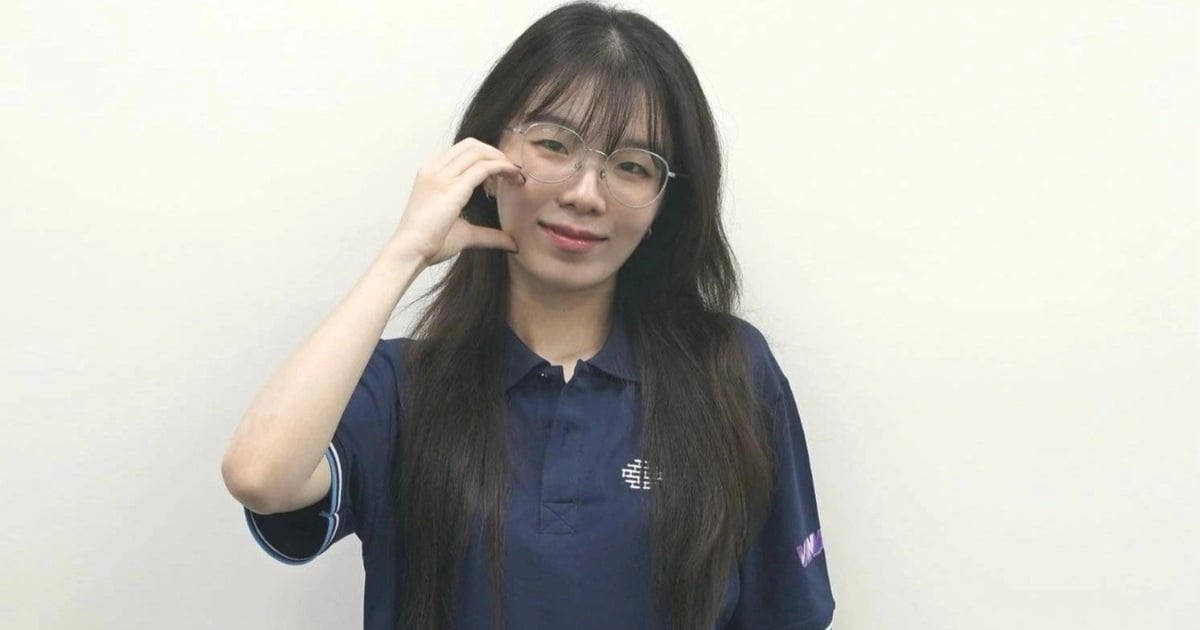




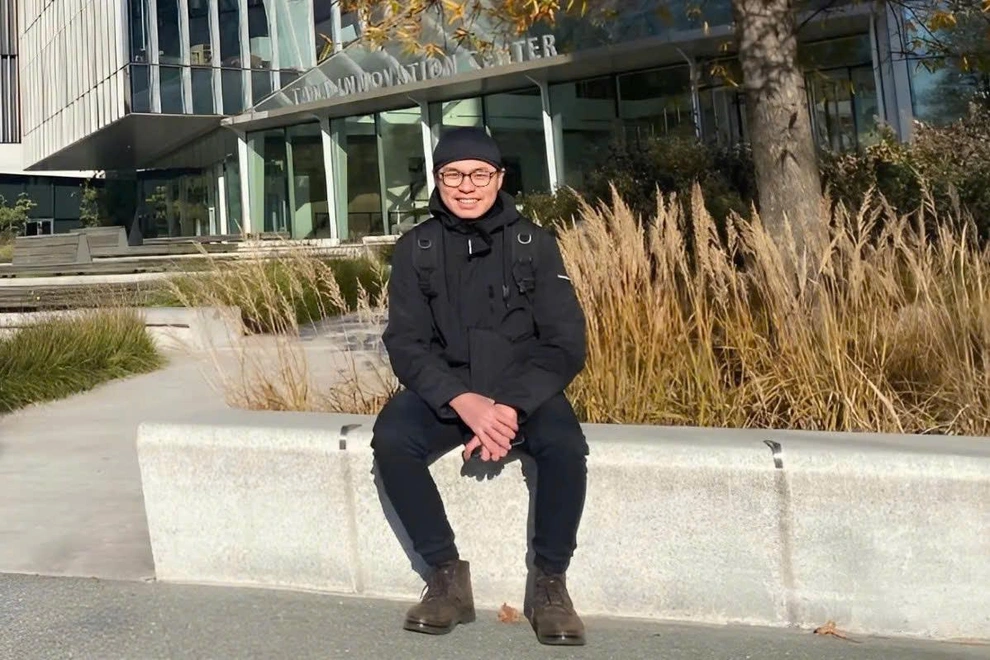
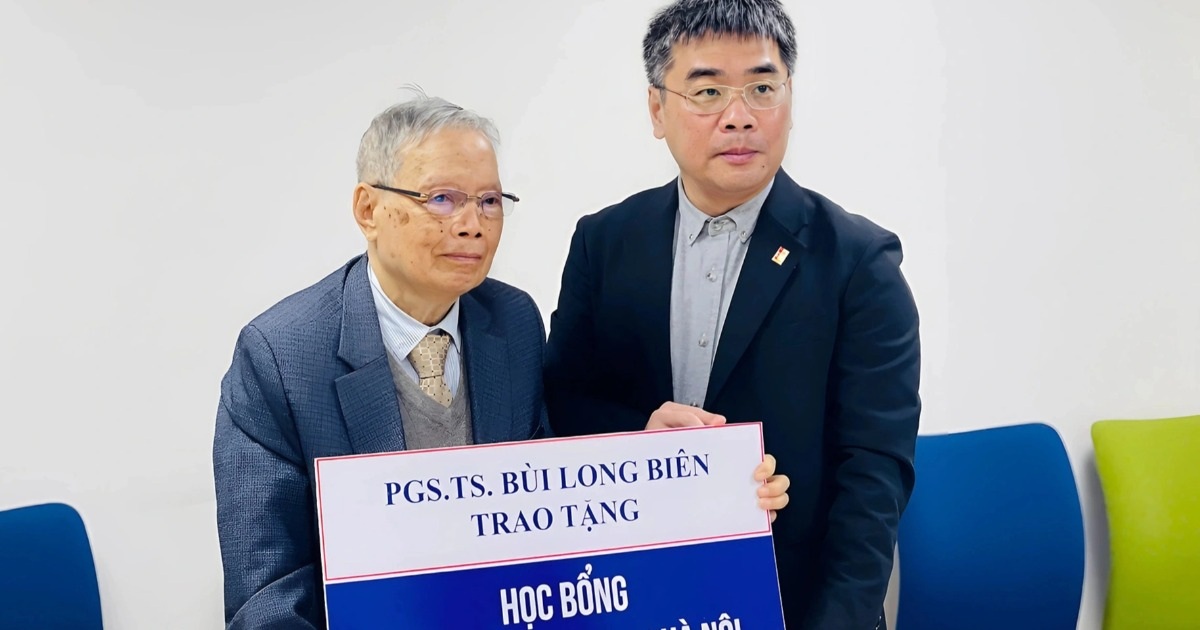
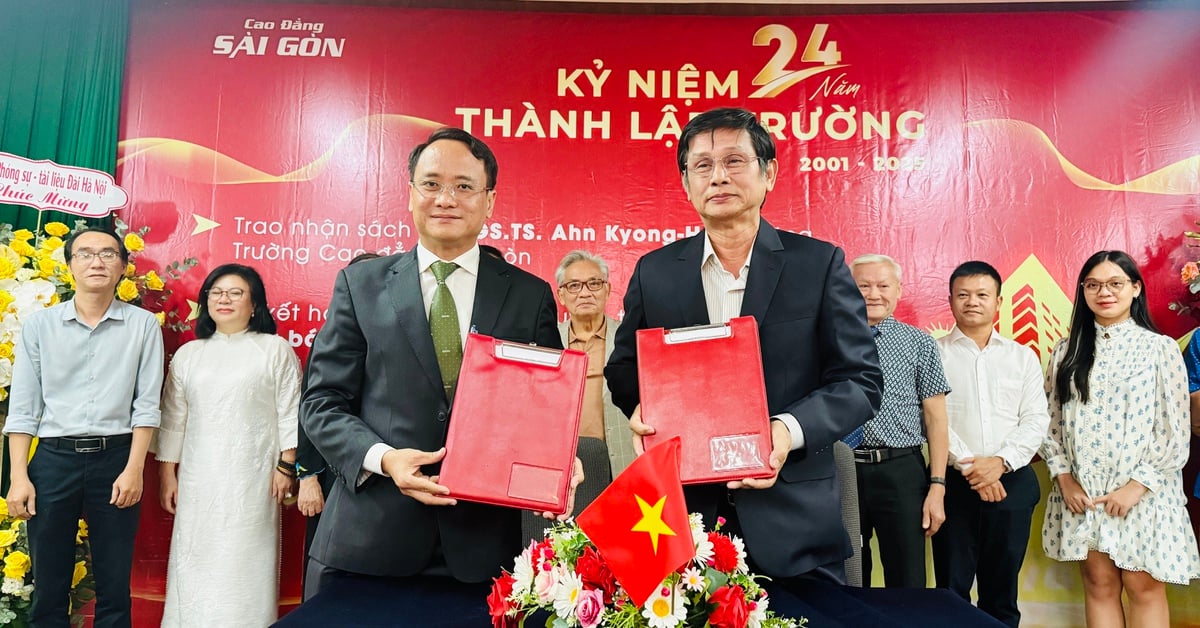






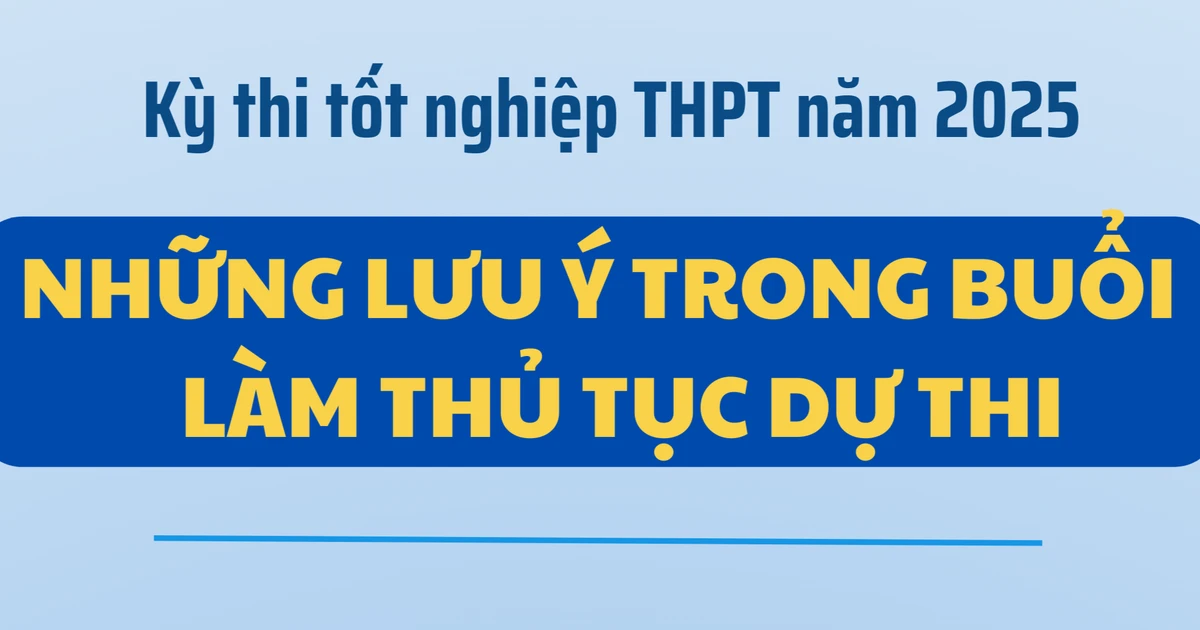



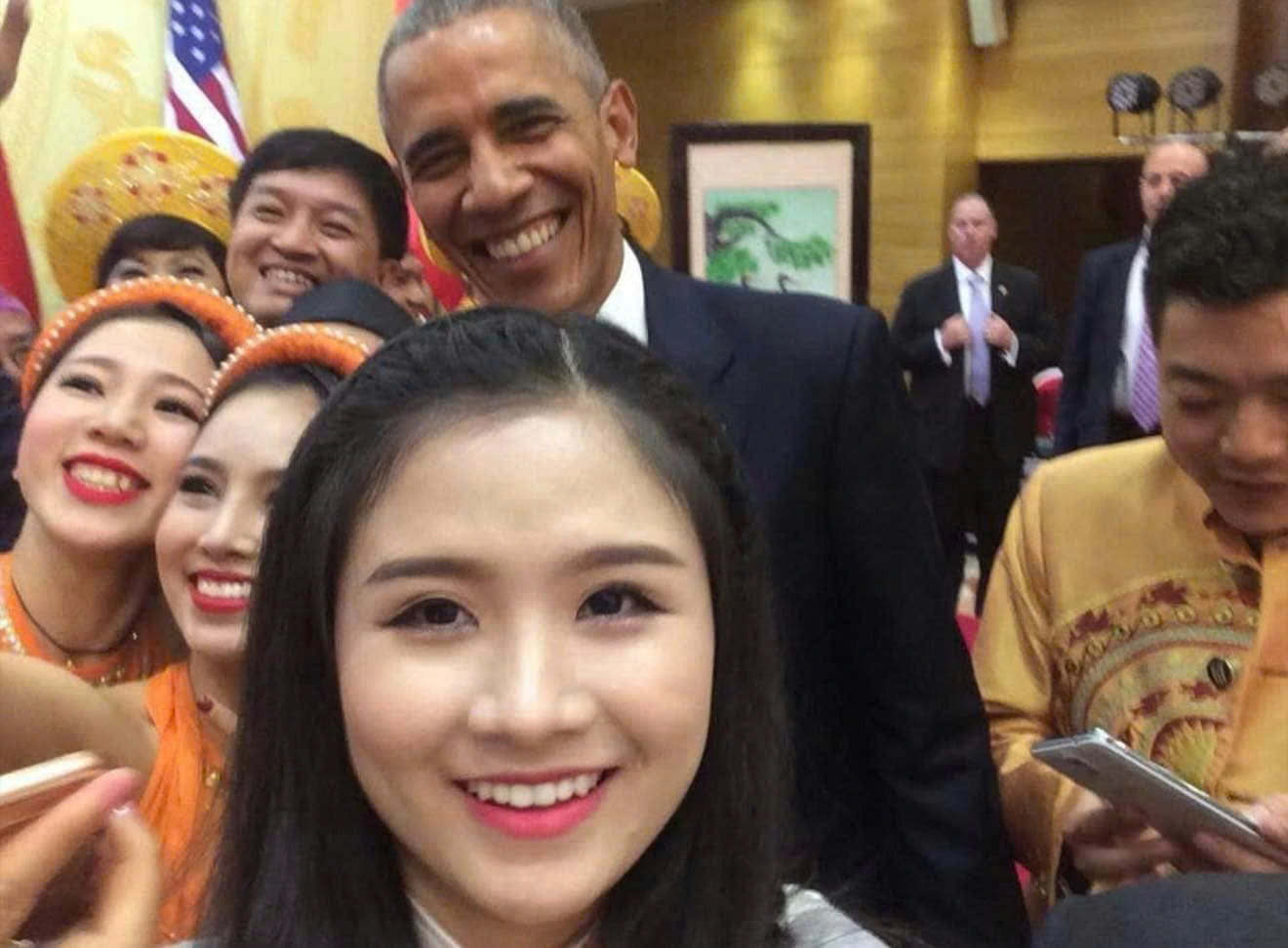





![[Photo] Prime Minister Pham Minh Chinh visits comrade Khamtay Siphandone](https://vstatic.vietnam.vn/vietnam/resource/IMAGE/2025/4/4/a570cc01b32d458bb9702983e78e193a)








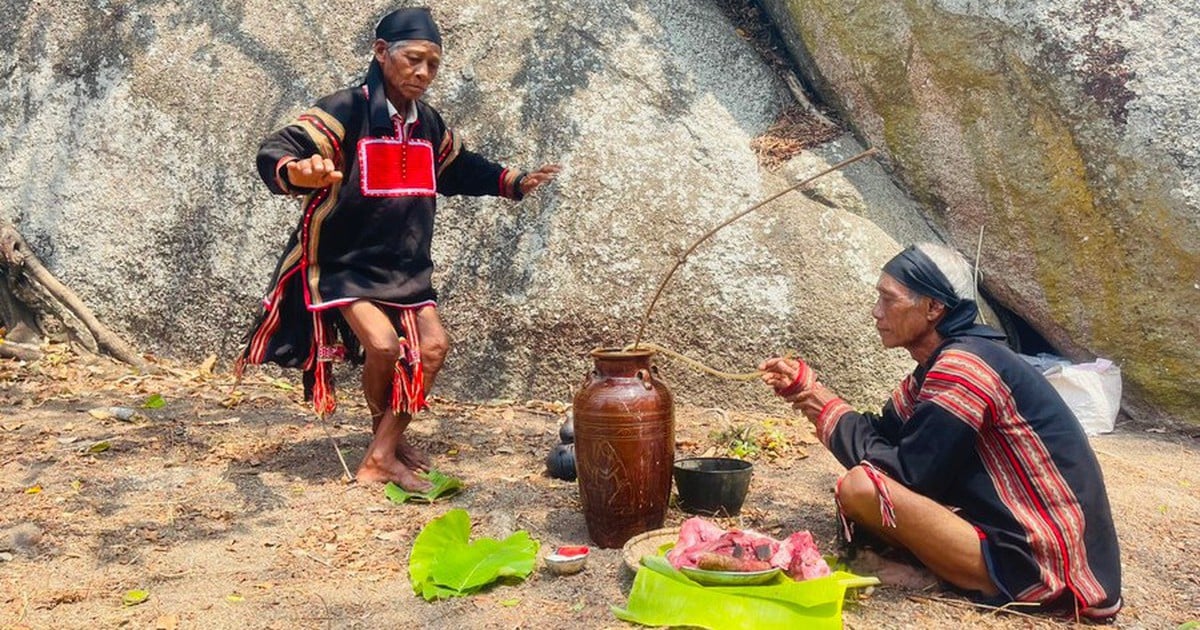












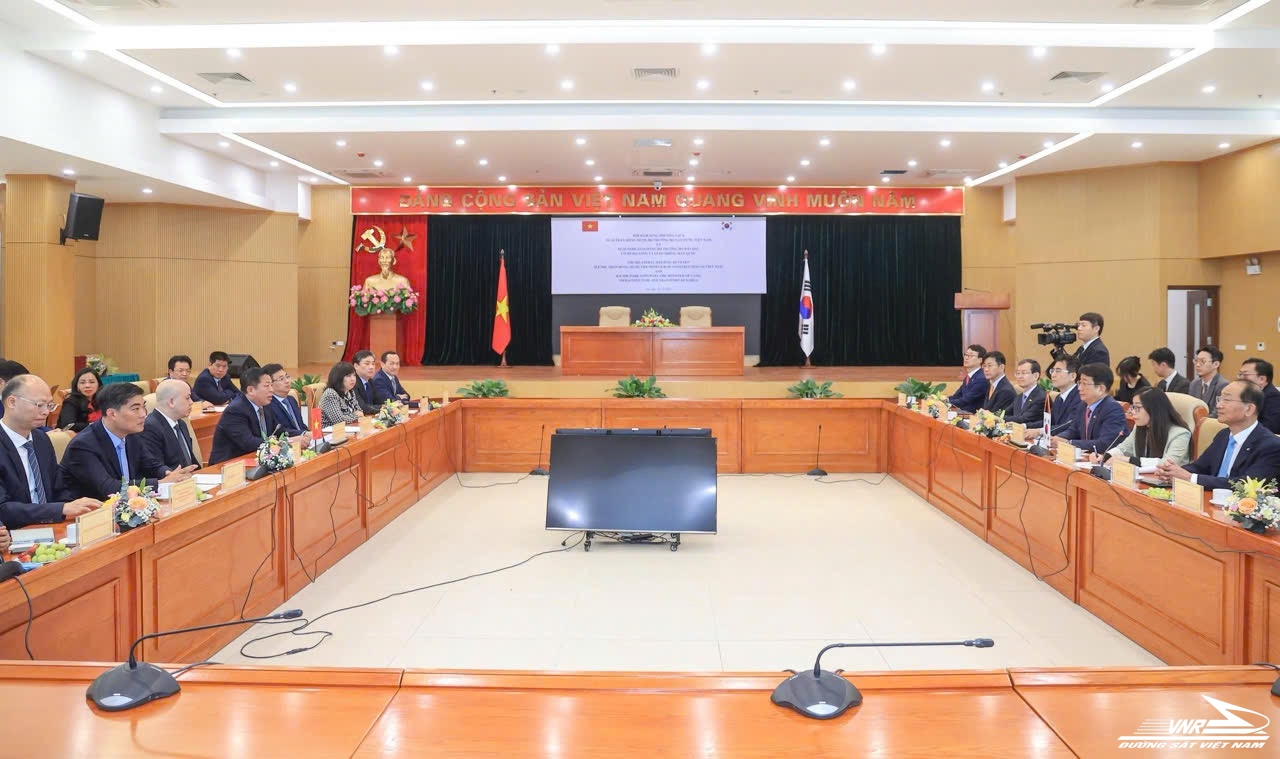









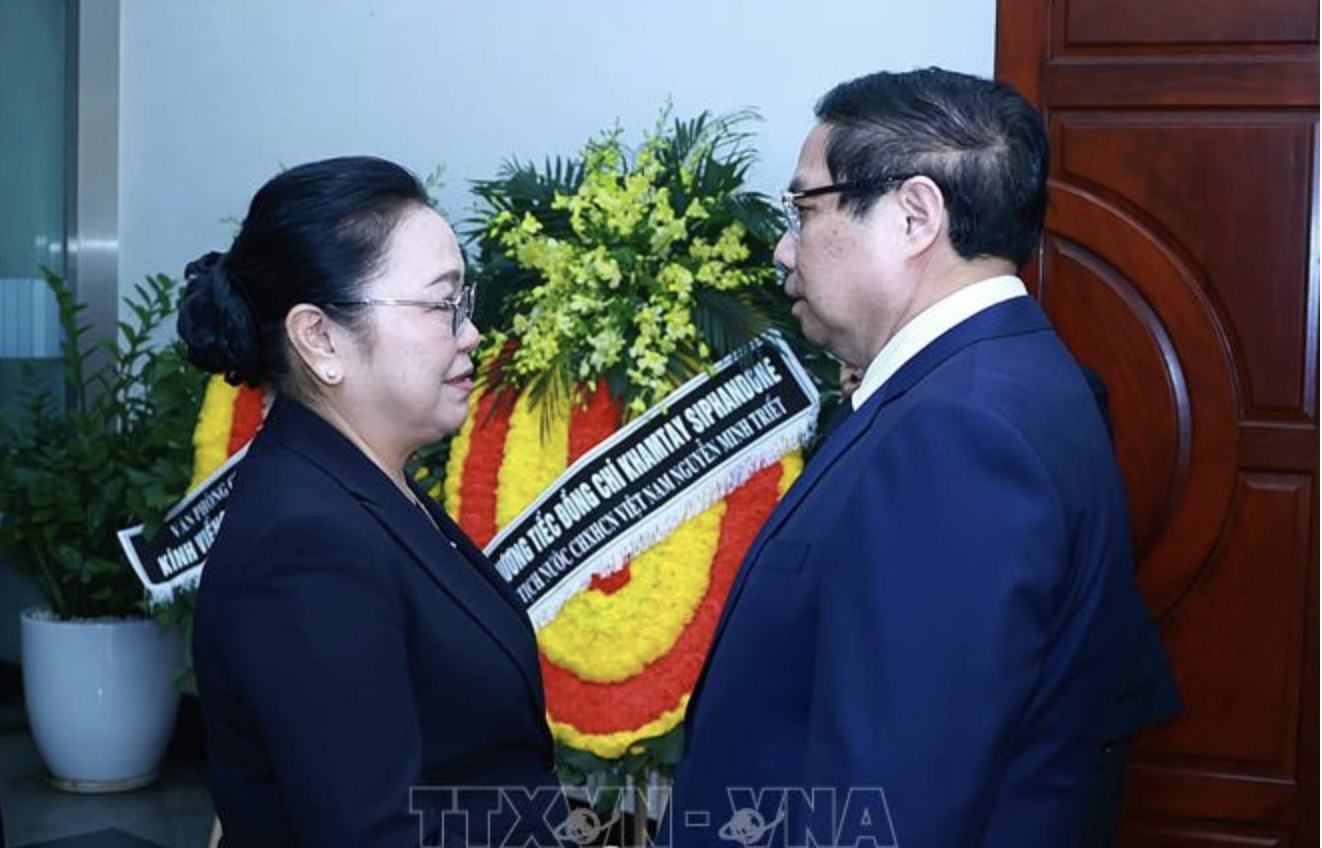

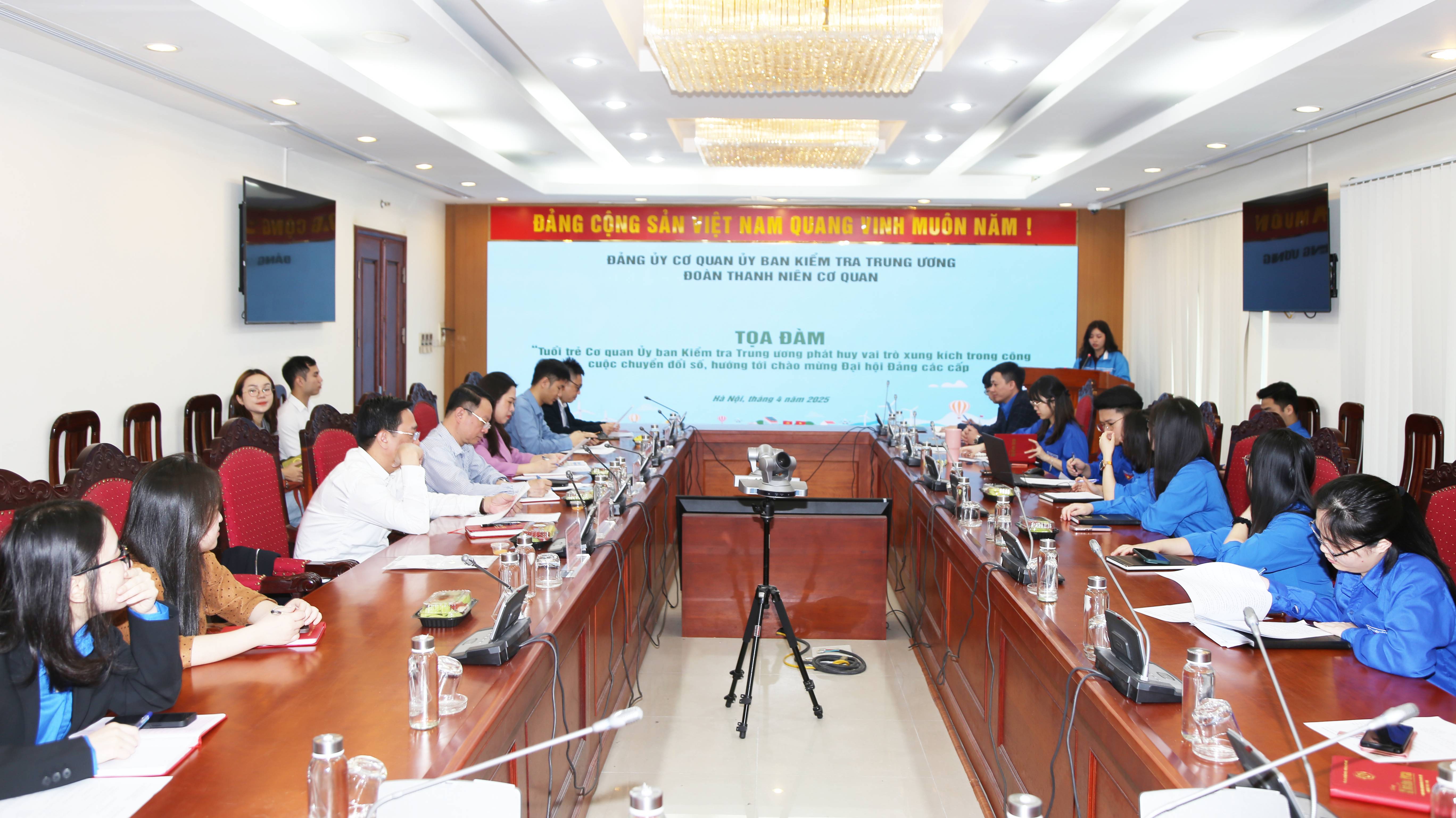







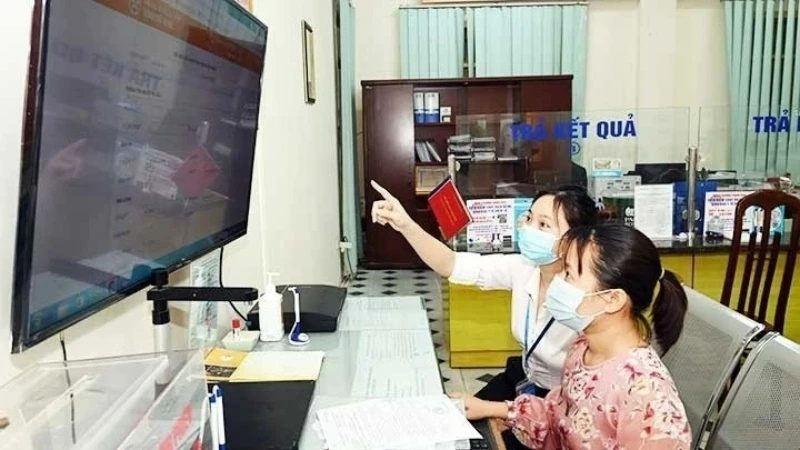








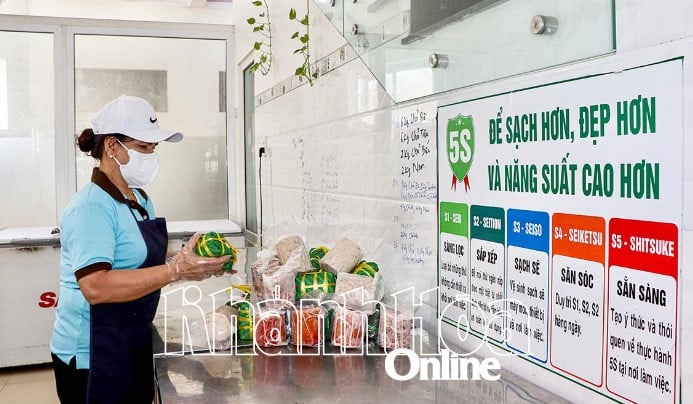








Comment (0)